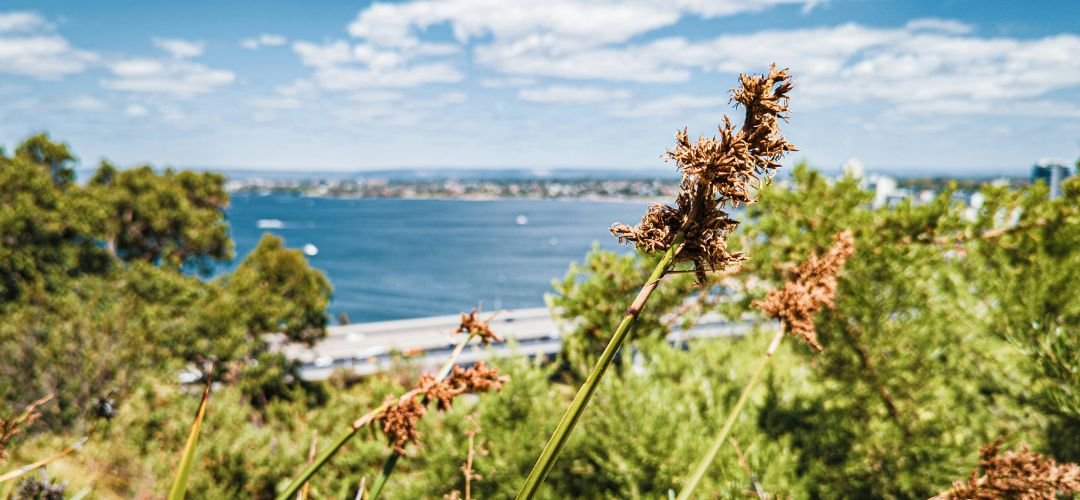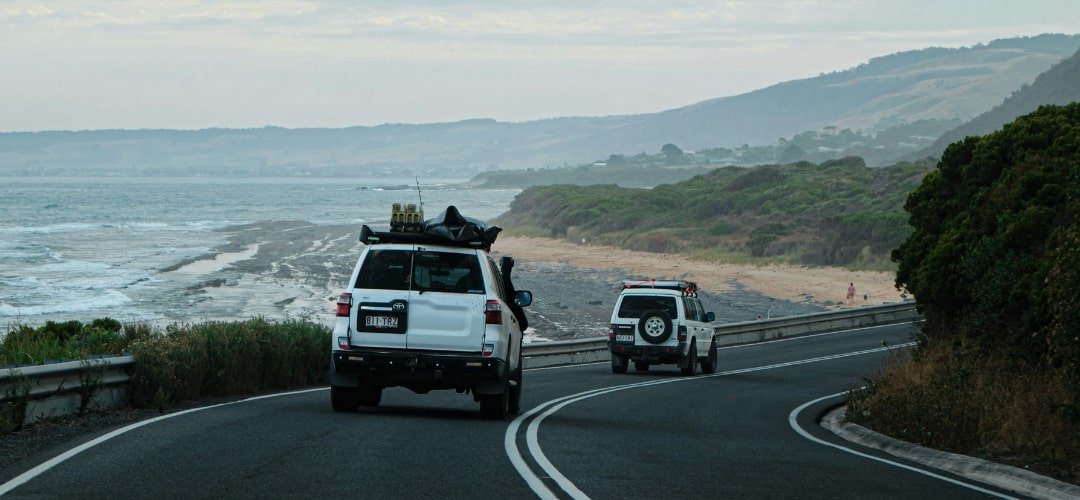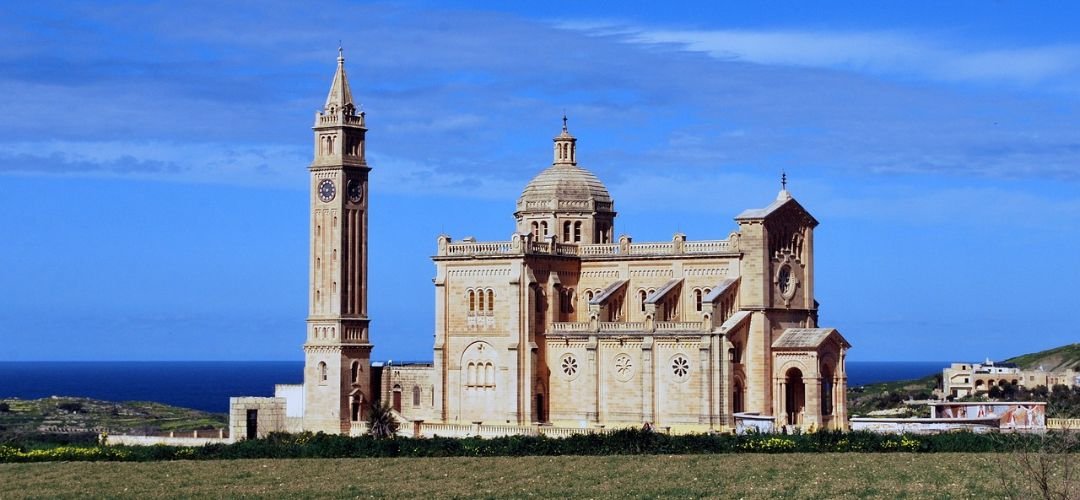Immersing yourself in new environments and cultures brings the joy of traveling abroad. Shadows of insecurity can create a real barrier when trying to make the most of your trip.
We hear your concerns and want to share our best practices for optimizing your travel security in the lead-up and during your holiday.
Read on as we uncover the basics of travel security, outline how to protect your personal information, and reveal the top signs of secure accommodation.
Understanding the Basics of Travel Security
Remain vigilant as you embrace your surroundings. A recent study showed that tourists are subject to higher-than-average levels of theft and pickpocketing.
Why? Research shows that criminals consider us tourists lucrative targets because we’re more likely to carry cash and other valuables.

Now, that’s not to scare you off. Exploring the world is an experience like no other. Here are some fundamental tips to consider:
- Prioritize personal safety – Wear secure accessories, such as cross-body bags with zips, to reach for your belongings easily and subtly. Only take cash amounts needed for each excursion, and pay with a pin-protected card for larger payments, as they’re easier to store and less appealing to thieves.
- Protect your belongings – Backpacks over suitcases offer extra security, as they remain on your body. Consider leaving valuables like watches at home or in a code-secure safe in your accommodation. For many, cell phones are a must. Cases with neck and wrist straps keep them secure when taking photos or paying with your mobile wallet.
- Stick to public spaces – Tourist hotspots, such as those around major landmarks, beaches, and city centers, usually have a police presence. More rural or local areas pose higher risks. If you want a more authentic experience with the locals, speak to your accommodation’s concierge to identify organized trips and learn of tourist-friendly locations.
What Are the Signs of Secure Accommodation?
For us, safe accommodation is a huge priority. It should act as a haven where you unwind and recap on your day of exploration. You wouldn’t leave your home containing your treasures open and exposed, so don’t do it abroad. Use this checklist when booking a hotel or other accommodation:
Reliable Access Controls
Quite simply, access controls are keys and codes that restrict entry to private spaces, such as your hotel room.
We’ve always felt most secure in hotels with key cards because they’re incredibly difficult to duplicate—receptionists program keycards for unique compatibility with our room and, sometimes, electricity.
They’re also easy to store in cardholders and small bag compartments. It’s a bonus when on-premise elevators are limited to keycard holders because unwanted guests can’t reach your room.
Smaller hotels commonly limit front-door access overnight to prevent wanderers from entering. You’ll receive a unique code or fob to enter at your leisure safely.
CCTV Surveillance
Our accommodation is when we’re most vulnerable, especially when sleeping. Hotel surveillance systems, such as corner and bullet cameras, are excellent deterrents for unauthorized individuals.
While it gives us a sense of security, it also acts as a reliable source of evidence should an unexpected break-in or assault occur.
Tip: Try spotting areas with security camera coverage outside your hotel, and stick to these areas, especially at night. You can enjoy yourself knowing that an extra layer of protection is there.
How Can Tourists Stay Safe Online
Working remotely while traveling or scanning the web for nearby restaurants, public transport links, and directions are relatively unavoidable. Adopting safe practices operating online abroad is key. Check out our recommendations:
Connect to Secure Wi-Fi
Watch out for those “Connect to free Wi-Fi” notices when exploring communal spaces like malls or restaurants. Hackers can easily incept public Wi-Fi hotspots to steal your personal information.

Fortunately, it’s super easy to evaluate the security of Wi-Fi connections. Open your device’s network settings to identify “WEP” or “WPA2.” If these are present, you’re good to go. Just ensure you’ve activated a firewall and antivirus protection software, too.
Installing a reputable virtual private network (VPN) is another valuable trick. VPNs provide an encrypted connection allowing you to preserve stored and shared sensitive information, such as your online banking. ExpressVPN and NordVPN are two accessible options for cells and laptops.
Protect Devices with Passcodes
Passcode-protecting your devices is such a self-sufficient way to preserve your digital data.

Installing biometric measures, like face-ID and thumb-print scanning to unlock your smartphone, activate mobile wallets, and sign into sensitive apps, such as your online banking and health records, means entry is totally unique to your personal features.
Reinforce your cell phone’s hotspot with a case sensitive password too, to prevent unauthorized users from connecting directly to your device. Go to settings and select a password containing special figures, numbers, and upper-and lower-case letters.
Summary
You can take measures to identify secure accommodation, install VPNs, and activate unique passcodes before touching down at your destination. Staying in places with modern access controls and security cameras is key to protecting your goods and documents. Meanwhile, reliable VPNs are your best line of defense when handling digital affairs.
Disclaimer: All the pictures in this article has been taken from open source like Pixabay & Unsplash.










0 Comments